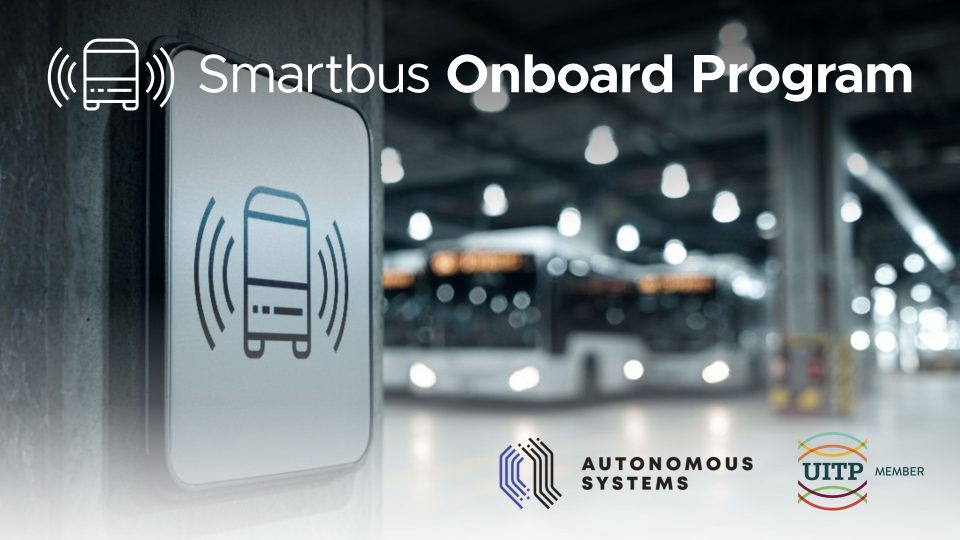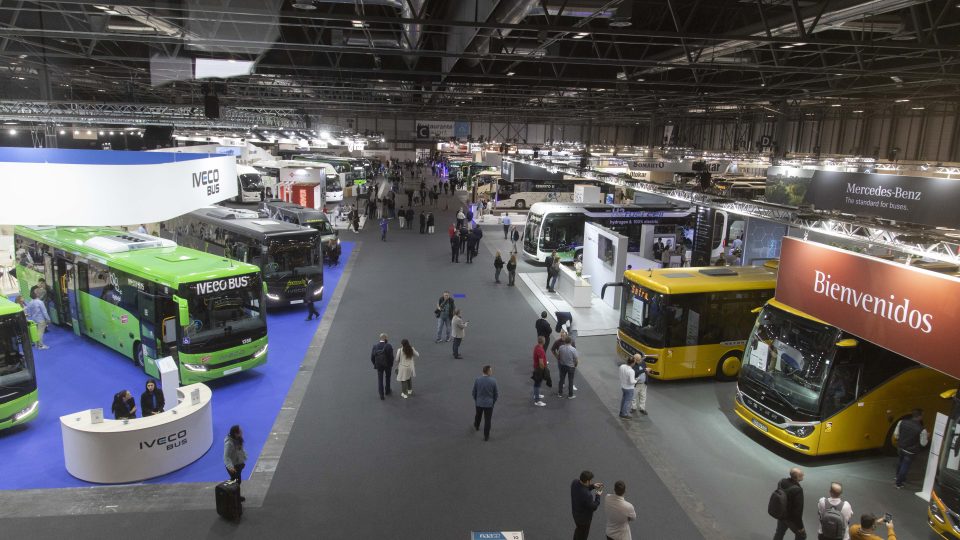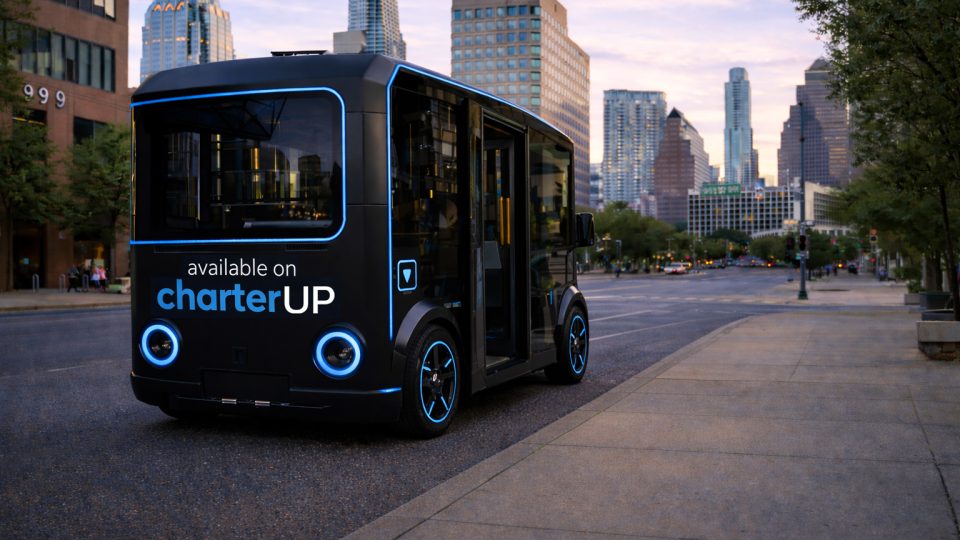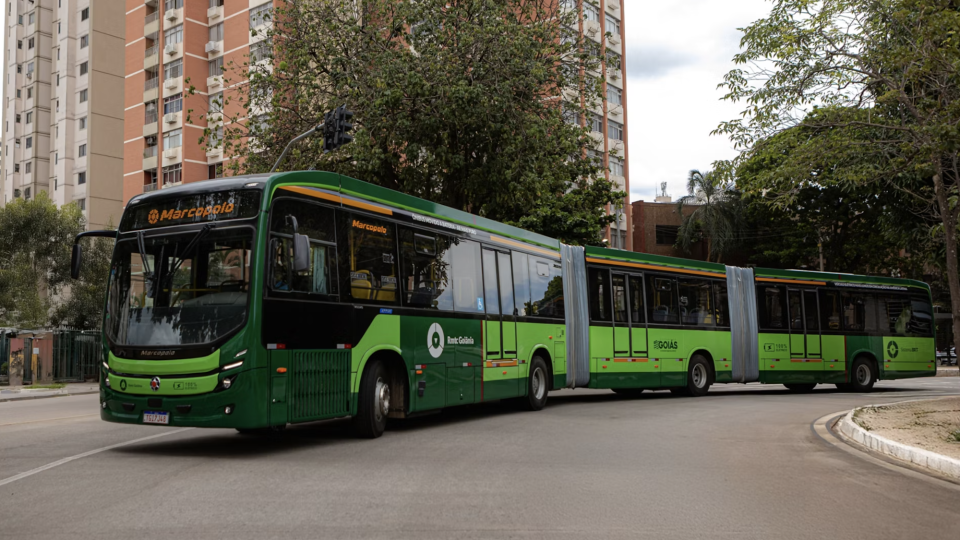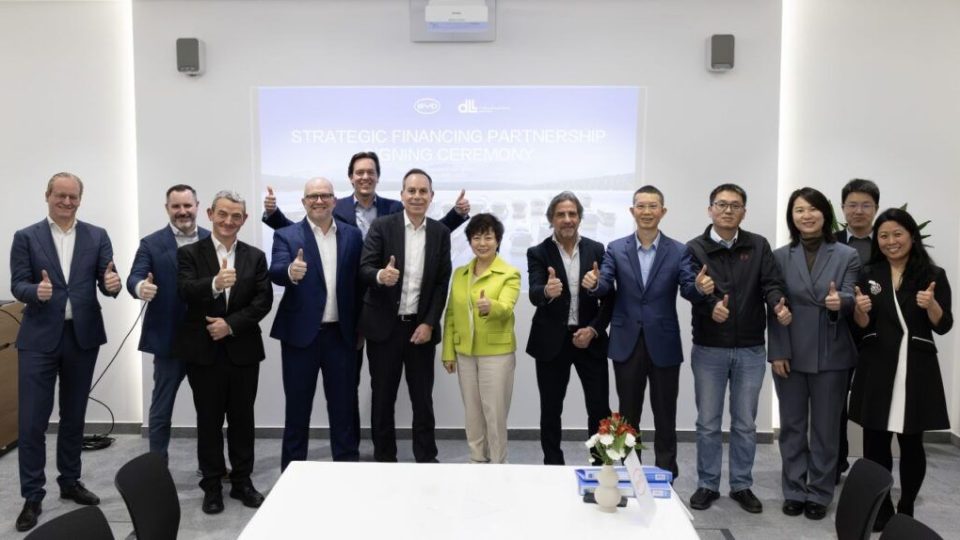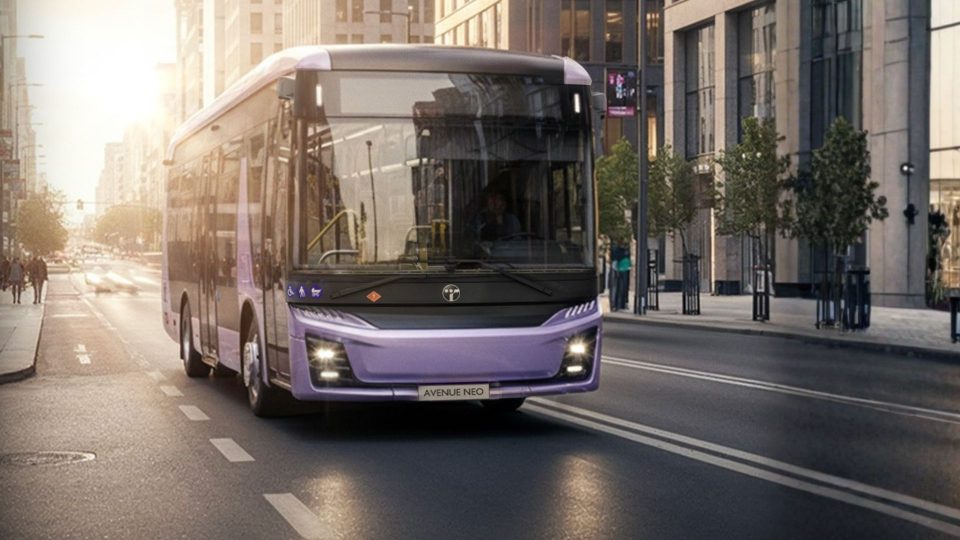Vilnius airport buys 12 COBUS e-buses and prepares to transition its airside fleet to zero emission by 2026
Vilnius Airport, in Lituania, is set to replace its diesel airside buses with a fully electric fleet from 2026. Lithuanian Airports has signed an agreement with COBUS for the supply of 12 battery-electric units model e.Cobus 2700. The vehicles will enter service in the second half of next year, supporting the operator’s emission-reduction targets and […]
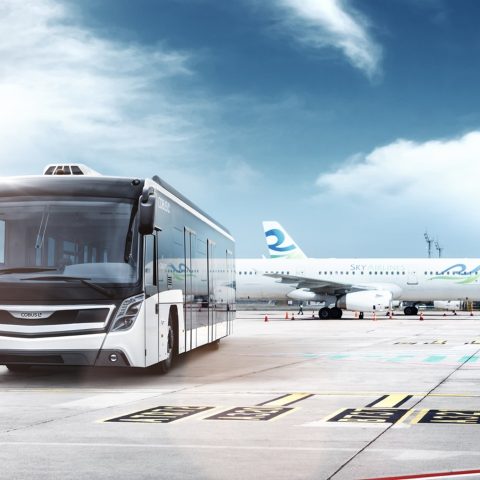
Vilnius Airport, in Lituania, is set to replace its diesel airside buses with a fully electric fleet from 2026. Lithuanian Airports has signed an agreement with COBUS for the supply of 12 battery-electric units model e.Cobus 2700. The vehicles will enter service in the second half of next year, supporting the operator’s emission-reduction targets and reshaping the passenger handling process on the apron.
The value of the first batch amounts to €7.2 million, including maintenance and technical support. The contract also includes an option for three additional buses, depending on future passenger-flow requirements.
Electric buses are already quite established in airports such as Zaventem in Brussels, Schiphol in Amsterdam, Munich airport (where up to 72 e-buses are expected to be deployed). All these hubs however have purchased transit e-buses with specific adaptations, but not dedicated apron models.
Vilnius airport to use electric buses
For the airport system, the transition aligns with the broader electrification trajectory already visible in the national transport sector. Airside buses continue to play a central operational role in Vilnius, particularly for airlines that, due to time or cost constraints, request boarding and disembarkation via apron transport rather than through fixed terminal bridges.
COBUS, already established in over 350 airports worldwide, will deliver vehicles specifically configured for apron operations. The new buses measure nearly 14 metres in length, 2.7 metres in width and can accommodate up to 96 passengers. They feature boarding doors on both sides, a fully flat low floor and a 282 kWh battery pack. The units will be deployed exclusively within the airport perimeter.
The e.COBUS 2700, described on COBUS Industries’ website as the first full-featured electric airport bus, is designed for daily operation at airports across Europe, North America, and Asia. Built on a Mercedes-Benz chassis with an aluminum body, the is powered by lithium-titanate (LTO) batteries. The vehicle’s modular Siemens ELFA electric powertrain (now part of Cummins’ portfolio) integrates intelligent energy management with maintenance-free components, enabling smooth, zero-emission operation. Configurable air conditioning and heating systems support passenger comfort, and a combination of stationary fast charging and intermediate charging allows efficient, continuous deployment.
Lithuanian Airports has reiterated its objective of achieving CO₂ neutrality by 2030, with airside fleet electrification identified as one of the cornerstone initiatives.
“The transport sector is steadily moving toward more environmentally friendly operations. Postal services, railways and now airports are replacing polluting vehicles with electric ones. Green airport transport is not only better for the environment but also for passengers. These buses have no raised thresholds, offer more space and can carry nearly 100 people.”, says Juras Taminskas, Lithuanian Minister of Transport.
“Buses designed for airport operations will allow us to manage the fleet more efficiently and sustainably, while improving the passenger experience. Fleet electrification is an important step toward the zero-emissions target set out in our NET ZERO strategy”, adds Simonas Bartkus, CEO, Lithuanian Airports
“We are pleased that our buses will support Vilnius Airport as it moves toward its zero-emissions goals. Our fully electric low-floor vehicles are designed to ensure safe, efficient and reliable passenger transport while contributing to the city’s environmental objectives”, states Patricia Vasconcelos, CEO, COBUS Industries


